What is a crypto wallet?
A cryptocurrency wallet is a software program or a physical device that allows you to store, send, and receive cryptocurrencies securely. It does not actually store the digital coins themselves, but it stores the private keys that are essential for accessing and managing your cryptocurrency holdings on the blockchain.
Private keys are cryptographic keys that provide ownership and control over the cryptocurrencies associated with a particular wallet address. Public keys are used to receive funds, while private keys are used to sign transactions and prove ownership. It is crucial to keep your private keys secure since losing them could mean losing access to your cryptocurrencies.
There are several types of cryptocurrency wallets, including:
- Software Wallets: These wallets can be installed on computers or mobile devices. They come in various forms, such as desktop wallets, mobile wallets, and web wallets. Some examples include Exodus, MyEtherWallet, and Coinbase Wallet.
- Hardware Wallets: These are physical devices designed specifically for securely storing cryptocurrencies. They are often considered one of the safest options because the private keys are kept offline and protected from potential online threats. Popular hardware wallets include Ledger Nano S, Ledger Nano X, and Trezor.
- Paper Wallets: A paper wallet is a physical copy or printout of your private and public keys. It provides an offline way to store cryptocurrencies but requires caution to keep it safe from damage and unauthorized access.
- Online Wallets (Web Wallets): These wallets are accessible through web browsers and are provided by various cryptocurrency exchanges and platforms. While convenient, online wallets are generally considered less secure compared to hardware or software wallets due to potential security risks associated with online environments.
- Mobile Wallets: These are wallets designed for use on mobile devices, offering portability and convenience. They come in various forms, including standalone mobile apps and wallets integrated into cryptocurrency exchange apps.
It’s essential to choose a wallet that suits your needs, considering factors like security, convenience, and the specific cryptocurrencies you want to store. Always practice good security measures, such as using strong passwords, enabling two-factor authentication (2FA), and backing up your wallet’s recovery phrases or seed words.

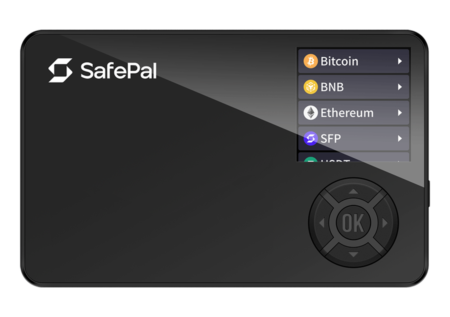
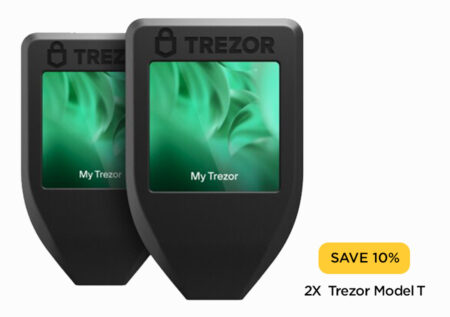
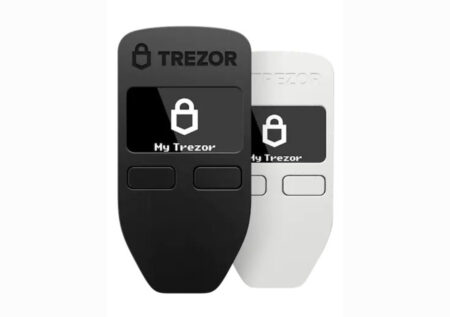
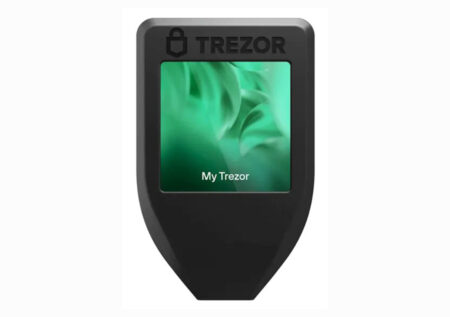
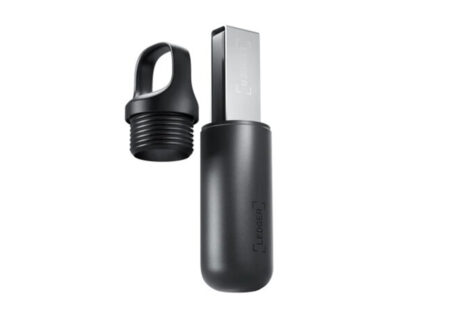
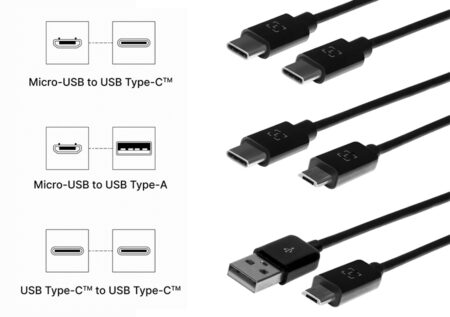
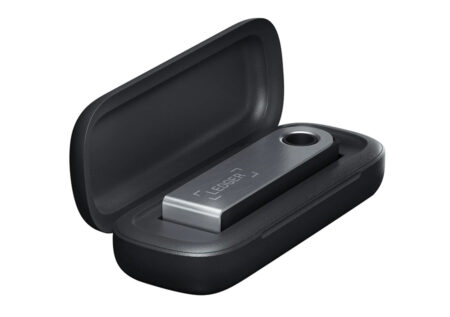
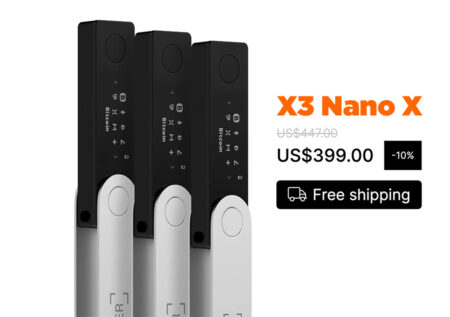





 DISCLAIMER: The content published on this website is not aimed to give any kind of financial, investment, trading, or any other form of advice. Cexrev.com does not endorse or suggest you to buy, sell or hold any kind of cryptocurrency. Before making financial investment decisions, do consult your financial advisor. DISCLOSURE: To ensure our site's review data always stays free & running up to date, sometimes we might receive a small commission if the reader purchases through our site links, at zero additional cost. Please refer to
DISCLAIMER: The content published on this website is not aimed to give any kind of financial, investment, trading, or any other form of advice. Cexrev.com does not endorse or suggest you to buy, sell or hold any kind of cryptocurrency. Before making financial investment decisions, do consult your financial advisor. DISCLOSURE: To ensure our site's review data always stays free & running up to date, sometimes we might receive a small commission if the reader purchases through our site links, at zero additional cost. Please refer to